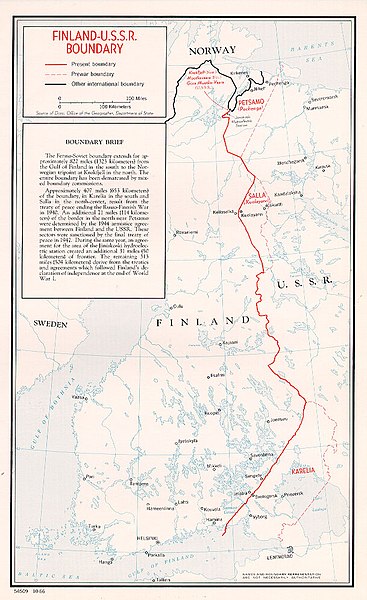Russians in Finland or Russian Finns are a linguistic and ethnic minority in Finland. As of 2022, there are 93,535 Russian-speaking people, or 1.7% of population, in Finland. It is the largest linguistic minority in the country. However, many of Russian-speaking immigrants are ethnically Ingrian Finns and other Finno-Ugric peoples.
Uspenski Cathedral is a large 19th-century church built with donations from Finnish Russians, the largest Orthodox church in Western Europe
Relations between Finland and Russia have been conducted over many centuries, from wars between Sweden and Russia in the early 18th century, to the planned and realized creation and annexation of the Grand Duchy of Finland during Napoleonic times in the early 19th century, to the dissolution of the personal union between Russia and Finland after the forced abdication of Russia's last czar in 1917, and subsequent birth of modern Finland. Finland had its own civil war with involvement by Soviet Russia, was later invaded by the USSR, and had its internal politics influenced by it. Relations since then have been both warm and cool, fluctuating with time.
Tsar Alexander I opens the Diet of Porvoo 1809
Finland–Russia border poles
the Finnish-Russian border which was also part of the Iron Curtain
People waiting for Mikhail Gorbachev in Oulu in October, 1989.





